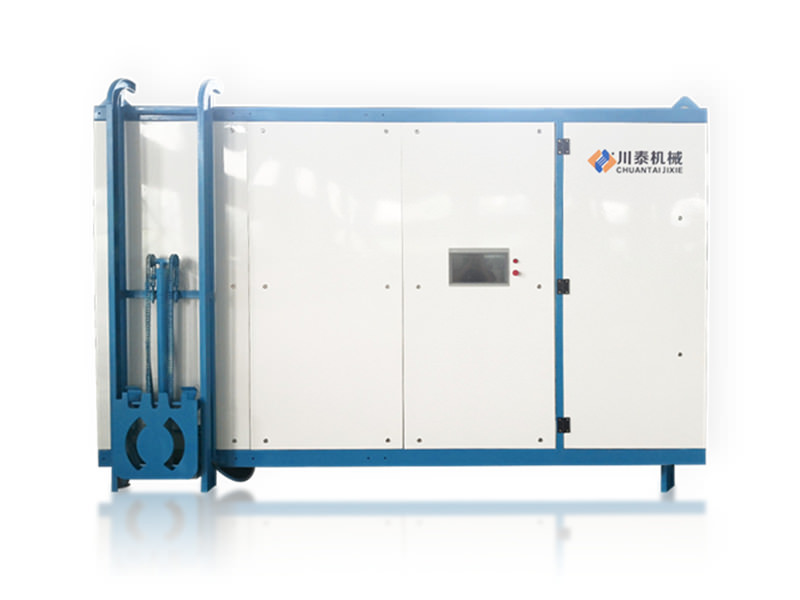
Introduction:
Waste food residue poses a significant environmental challenge worldwide, contributing to pollution and resource wastage. To address this issue, innovative technologies such as the Waste Food Residue Dewatering Machine have emerged, playing a crucial role in the efficient management of organic waste. This article explores the application significance of the Waste Food Residue Dewatering Machine in mitigating environmental impact and promoting sustainable waste management practices.
Environmental Impact Mitigation:
The Waste Food Residue Dewatering Machine serves as a key player in minimizing the environmental footprint associated with food waste. By effectively separating liquid from solid components, this machine reduces the volume of waste, facilitating easier transportation and disposal. This process minimizes the emission of harmful greenhouse gases, such as methane, which is commonly released during the decomposition of organic waste in landfills.
Resource Recovery and Recycling:
Dewatered food residue obtained from this machine holds greater potential for resource recovery and recycling. The reduced moisture content enhances the feasibility of converting waste into valuable resources like organic fertilizers or animal feed. This not only contributes to sustainable agriculture practices but also reduces the dependency on traditional chemical fertilizers, promoting a circular economy.
Cost-Effective Waste Management:
The implementation of Waste Food Residue Dewatering Machines in waste management practices offers a cost-effective solution. By reducing the volume of waste, transportation costs are minimized, and the overall disposal expenses are significantly lowered. This economic efficiency makes the technology accessible to a broader range of industries and municipalities, fostering widespread adoption.
Hygiene and Odor Control:
One of the critical advantages of the dewatering process is the reduction of moisture, which contributes to odor control and improved hygiene. The dewatered food residue is less prone to emitting foul odors, creating a healthier and more pleasant environment in waste handling facilities. This aspect is particularly important for urban areas and regions where waste management facilities are in close proximity to residential areas.
Regulatory Compliance:
The Waste Food Residue Dewatering Machine aligns with evolving environmental regulations and standards related to waste management. Governments and regulatory bodies worldwide are increasingly imposing stringent guidelines to reduce the impact of organic waste on the environment. Implementing advanced technologies like the dewatering machine ensures compliance with such regulations, preventing legal complications and promoting corporate responsibility.
Conclusion:
The application significance of the Waste Food Residue Dewatering Machine extends beyond mere waste management; it contributes to a sustainable and eco-friendly approach to handling organic waste. By mitigating environmental impact, promoting resource recovery, and ensuring cost-effective waste management, this technology plays a crucial role in shaping a greener and more responsible future. As industries and municipalities embrace these innovations, the potential for positive environmental change becomes increasingly achievable on a global scale.

 TEL:+86 15336363999
TEL:+86 15336363999
 WeChat:gongchris1111
WeChat:gongchris1111
 ADD:Fangzi District, Weifang City, Shandong Province, China
ADD:Fangzi District, Weifang City, Shandong Province, China